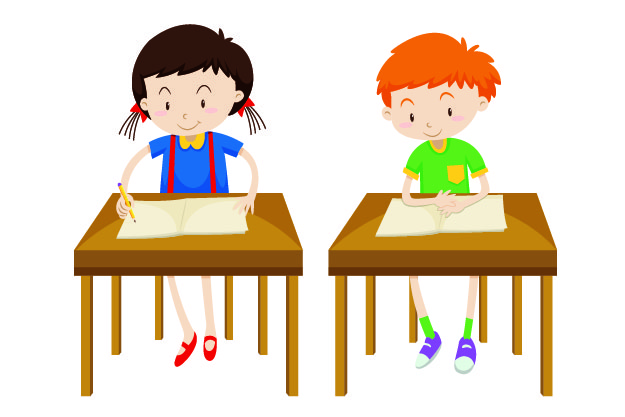An article by Richard James Rogers (Author of The Quick Guide to Classroom Management)
Accompanying video:
I have always loved mathematics, but I’ve not always been ‘good’ at maths. I got a grade A for GCSE Mathematics when I was 16 years old (a grade I worked really, really hard for) but I struggled with mathematics at ‘AS’ and ‘A’ – Level (the UK’s pre-university qualifications).

It just so happened that mathematics wasn’t a subject I needed as a prerequisite for my university course anyway. So, in a sense, I committed the cardinal sin of thinking that it ‘didn’t matter’. I was planning to study molecular biology at university, and my admissions tutors were mainly interested in my biology and chemistry grades.
I achieved my goal of going to uni and doing my PGCE in order to become a fully qualified Science teacher in 2006. I was happy for several years, but my failure to complete my mathematics education at school kept gnawing at me like an annoying itch. I needed to do something about it.
I decided to complete the Certificate in Mathematics course with the Open University in 2009, after three years of being a full-time science teacher. This course covered everything in my ‘A’-Level syllabus with some extra, university-level topics thrown in. It was challenging and offered me just what I needed: closure. As a distance-learning course, it also offered me the chance to study and work as a teacher at the same time.
As I started studying the course and handing in assignments (which had to be snail mailed to the UK – I was living in Thailand at the time), I began to realise how much I had become disconnected from the student experience as a teacher. It had been around three years since I had ever studied anything seriously, and this mathematics course was teaching me how difficult it was to:
- Meet deadlines
- Seek help when in doubt
- Have the self-discipline needed to study at a regular time-slot each day
These skills were, of course, things I had to do whilst completing my degree course and schooling earlier in life, but it had been a few years since I had been immersed in serious study like this. I was slowly losing empathy for my students: that was until this course gave me a wake-up call.
Another big thing I took from this experience was just how stressful it can be to prepare for a difficult exam (and to complete it). I had to fly to the UK to take the end of course mathematics exam (a three hour beast), and along with the intense revision that came in the few days running up to the exam I had the misfortune of not sleeping so well the night before the big day. And then, once sat down and actually completing the paper, three hours felt like it went by in an instant.
I guess I’m trying to make a number of points in this trip down Memory Lane – namely that by immersing ourselves in the ‘student experience’ we can, as teachers:
- Regain, or enhance, our true understanding of just how many hurdles await our students on their race to the exam finish-line.
- Learn new skills and concepts that can be applied to our roles as classroom managers, leaders and ‘purveyors’ of specialist knowledge.
- Build self-discipline, and pass on the lessons learned to our students in our roles as mentors, homeroom teachers, form tutors and coaches.
One final point to stress is that, whilst we can study almost any subject we want via online platforms like EdX and Coursera these days, it’s also important that we take the time to thoroughly reflect on a regular basis. Keeping a journal of things we’ve done well, and things we messed up, can be a great way to have a written record to read over when we want to celebrate successes and remind ourselves of lessons we have learned on our journeys as educators. This video I made a few years ago goes into this in more detail:














